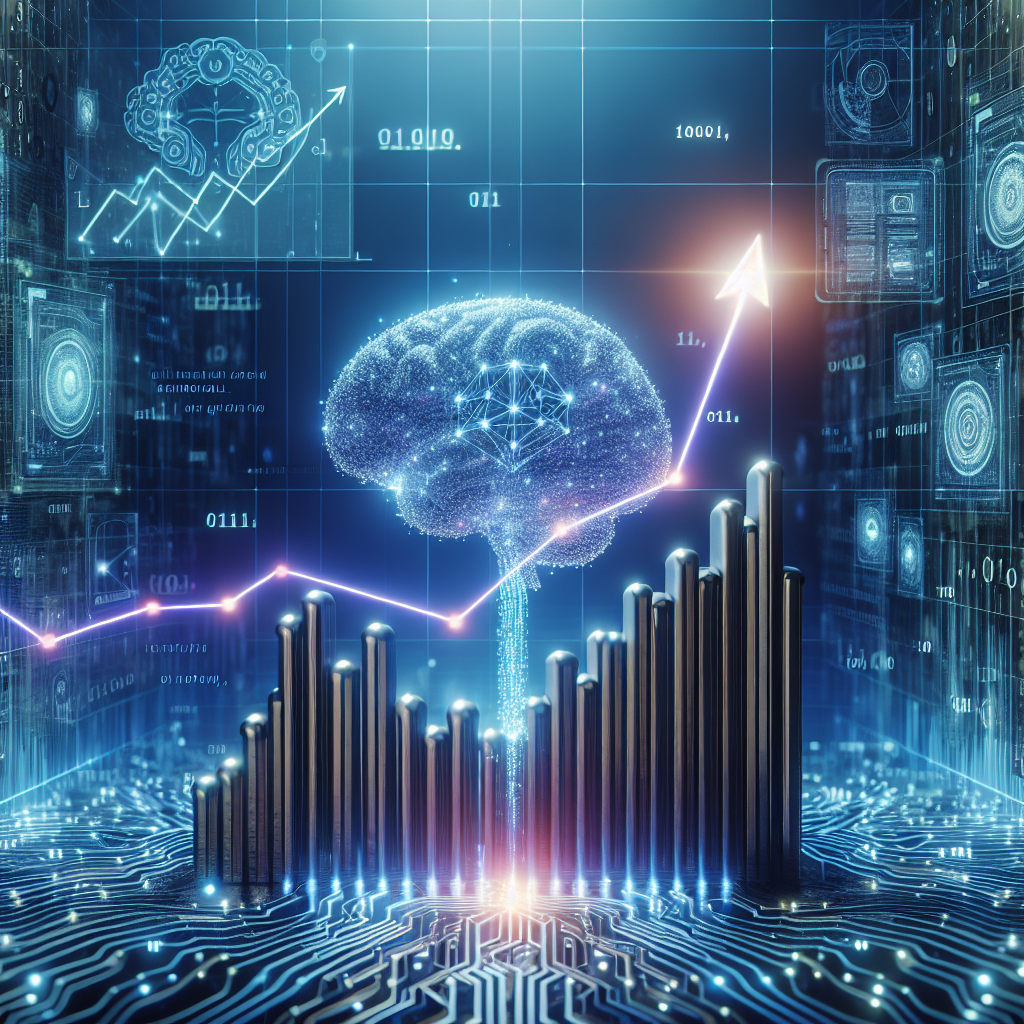Artificial General Intelligence (AGI) is the next frontier in the field of artificial intelligence. Unlike narrow AI, which is designed to perform specific tasks like playing chess or recognizing faces, AGI aims to mimic human intelligence and possess the ability to learn and adapt to new situations. The development of AGI has the potential to revolutionize industries, transform society, and reshape the future of humanity. In this article, we will explore the rise of AGI, its implications for the future, and address some frequently asked questions about this groundbreaking technology.
The Evolution of Artificial Intelligence
Artificial intelligence has come a long way since its inception in the 1950s. Early AI systems were limited in their capabilities and could only perform basic tasks. However, with advancements in machine learning, neural networks, and deep learning, AI has made significant strides in recent years. Today, AI is used in a wide range of applications, from self-driving cars and virtual assistants to healthcare and finance.
While narrow AI has been successful in performing specific tasks, researchers and scientists have been working towards creating AGI, which has the potential to outperform humans in a wide range of cognitive tasks. AGI aims to possess the ability to reason, learn, understand language, and solve complex problems in a way that is indistinguishable from human intelligence.
The Rise of AGI
The development of AGI is a complex and challenging task that requires a multidisciplinary approach. Researchers are exploring various techniques such as reinforcement learning, transfer learning, and meta-learning to create AI systems that can generalize across different domains and tasks. Companies like OpenAI, DeepMind, and IBM are leading the charge in developing AGI technologies and pushing the boundaries of what is possible with artificial intelligence.
The implications of AGI are far-reaching and have the potential to transform industries and society as we know it. AGI could revolutionize healthcare by enabling more accurate diagnoses and personalized treatment plans. It could also revolutionize education by providing personalized learning experiences for students and teachers. Additionally, AGI could have a profound impact on the economy by automating tasks and creating new job opportunities in emerging industries.
The Future of AGI
As AGI continues to evolve, it is important to consider the ethical and societal implications of this groundbreaking technology. There are concerns about the potential risks of AGI, such as job displacement, privacy concerns, and the misuse of AI for malicious purposes. It is crucial for researchers, policymakers, and industry leaders to work together to ensure that AGI is developed in a responsible and ethical manner.
One of the key challenges in developing AGI is creating AI systems that are safe, reliable, and transparent. Researchers are exploring ways to build AI systems that can explain their decisions and actions in a way that is understandable to humans. Additionally, there is ongoing research into creating AI systems that can learn from human feedback and adapt to new situations in a way that is safe and beneficial for society.
FAQs about AGI
Q: What is the difference between AGI and narrow AI?
A: Narrow AI is designed to perform specific tasks, while AGI aims to mimic human intelligence and possess the ability to learn and adapt to new situations.
Q: How close are we to achieving AGI?
A: While significant progress has been made in the field of AI, creating AGI remains a complex and challenging task. It is difficult to predict when AGI will be achieved, but researchers are making steady progress towards this goal.
Q: What are the potential risks of AGI?
A: There are concerns about the potential risks of AGI, such as job displacement, privacy concerns, and the misuse of AI for malicious purposes. It is important for researchers and policymakers to address these risks and ensure that AGI is developed in a responsible and ethical manner.
Q: How can we ensure that AGI is developed responsibly?
A: It is crucial for researchers, policymakers, and industry leaders to work together to ensure that AGI is developed in a safe, reliable, and transparent manner. This includes implementing safeguards to prevent the misuse of AI and ensuring that AI systems are designed with ethical considerations in mind.
Conclusion
The rise of AGI has the potential to revolutionize industries, transform society, and reshape the future of humanity. While significant progress has been made in the field of AI, creating AGI remains a complex and challenging task. It is important for researchers, policymakers, and industry leaders to work together to ensure that AGI is developed in a responsible and ethical manner. By addressing the potential risks and challenges of AGI, we can harness the power of AI to create a better future for all.

